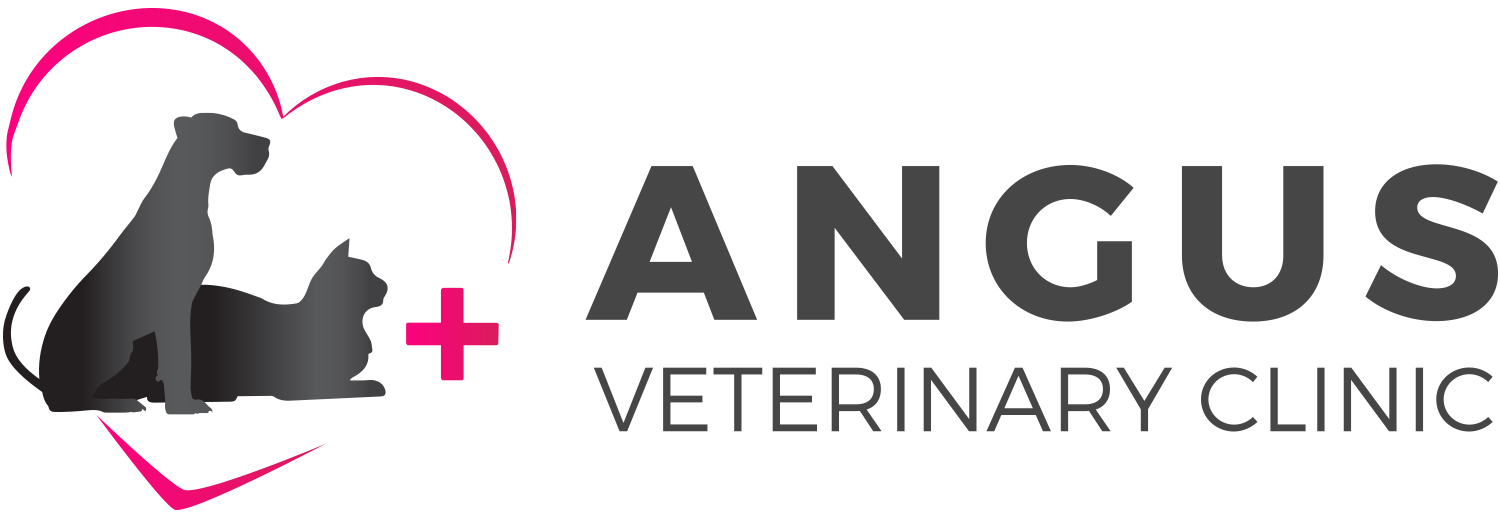Library
-
The American Animal Hospital Association and American Veterinary Medical Association have established guidelines to standardize preventive health care for dogs, helping them to live longer, healthier lives. This handout provides an overview of the recommendations within these guidelines and why they are so important.
-
First Aid for Dogs - Shock, Rescue Breathing, and CPR
Las urgencias pueden tener presentaciones muy diversas: atropellos, mordiscos, quemaduras, golpes de calor, envenenamientos o pérdidas de conciencia por mencionar sólo algunas.
-
Understanding learning principles and canine communication can set you and your dog up for success. Positive reinforcement can be used to create desired behavioral responses. Behavior modification techniques can be used to treat behavioral concerns such as fear.
-
The pro-opiomelanocortin (POMC) gene, if mutated, can contribute to increased body fat and body weight and increased food motivation in affected dogs. At this time, this gene mutation has only been found in the Labrador Retriever and Flat-coated Retriever and affects the majority of those working as service dogs. This handout explains how the POMC gene mutation was discovered, how it impacts affected dogs, and how you can support your dog if affected.
-
Probiotics are given by mouth and are used over the counter to treat gastrointestinal upset. Give as directed by your veterinarian. Side effects are rare but may include gas or mild discomfort. Do not use in pets that are very sick and immunocompromised, or in pets that are allergic to it. If a negative reaction occurs, please call your veterinary office.
-
Behavior Counseling: Senior Pet Behavior Problems
No es raro que aparezcan problemas de comportamiento en los animales de más edad. Muchas de las causas son las mismas que podemos encontrar en los animales jóvenes, ya que los cambios en la casa o en el ambiente pueden producir problemas a cualquier edad.
-
Dog Behavior Problems: House Soiling
Hay muchas razones por las que un perro puede ensuciar la casa con orina o heces. Determinar la razón específica es esencial para desarrollar un programa de tratamiento eficaz.
-
Bone Diseases of Growing Dogs
Una cojera es una alteración de la marcha y su causa más frecuente es la aparición de dolor en alguna extremidad. Dado que los cachorros y los perros jóvenes son por naturaleza muy activos, la mayoría de las cojeras son transitorias y desaparecen rápidamente con restricción del ejercicio.
-
Procainamide (brand names Pronestyl®, Biocoryl®, Procan®, Procanbid®) is an antiarrhythmic drug used off label (extra label) in dogs and horses to treat abnormal heart rhythms such as atrial fibrillation, ventricular premature complexes, and ventricular tachycardia.
-
Progressive retinal atrophy (PRA), is a group of degenerative diseases that affect photoreceptor cells in the eyes. With this disease, the cells deteriorate over time, eventually leading to blindness. There are two main forms of PRA recognized in dogs: an early-onset, inherited form called retinal dysplasia, and a late-onset form. PRA is an inherited disease that occurs in many breeds of dogs. When a dog develops PRA, it should be removed from the breeding program, along with its parents and siblings. As PRA progresses, your dog's vision gradually worsens until he becomes completely blind. There is currently no effective treatment for PRA.

